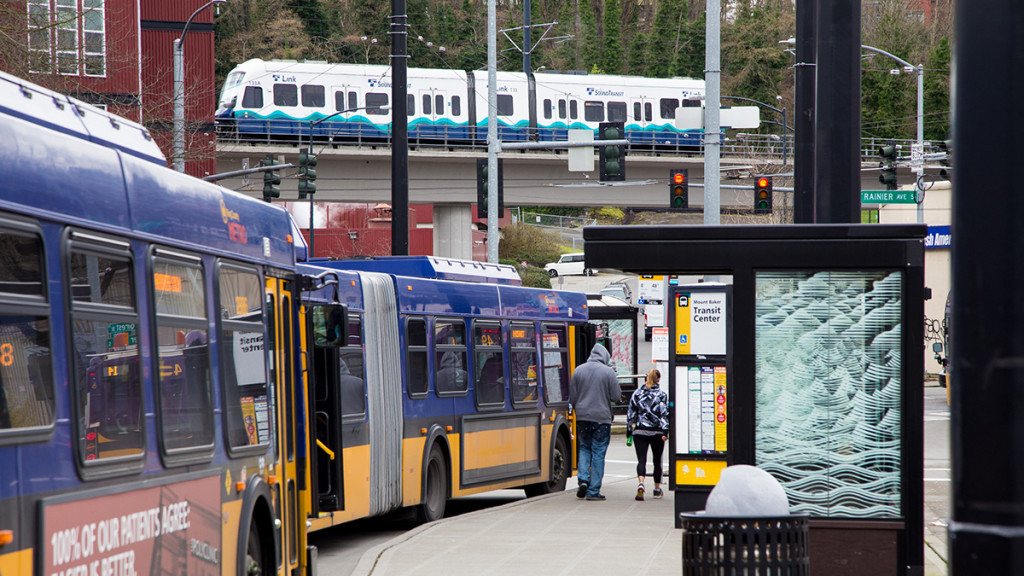
One of Transportation Choices’ top priorities this year is advancing legislation to create equitable road usage charge (RUC). We must act now to ensure any new RUC policy is designed to build an equitable transportation system.
What is RUC?
Washington currently funds its transportation system through federal funds, state gas tax, and local taxes. Gas tax revenues are projected to decline over time due to increased fuel efficiency and the use of electric vehicles. A RUC is an innovative way to capture the cost of driving and generate transportation revenue that charges people by the miles they drive rather than by gallons of gas purchased. Mileage could be reported in multiple ways, including odometer readings, plug-in devices, and smartphone apps.
Why is it important?
Transportation funding is declining, and at the same time, Washington has current and future transportation needs that require adequate and flexible funding. We need to better align our funding and expenditures with building a fair and sustainable system. RUC is an opportunity to reimagine how we fund our transportation system to be more progressive and multimodal.
However, this year some legislators are discussing RUC as a one-for-one replacement of the gas tax, which is restricted by the state’s 18th amendment and can only be spent on highway purposes. This means any revenue generated could only be spent on roads, locking us into an outdated transportation system and taxes that punish those least able to pay.
That’s why we’re urging legislators to design and implement any new RUC policy as a means to building an equitable transportation system that benefits the environment, health, safety, mobility, and access to opportunity for all. We oppose any RUC legislation maintaining an 18th amendment restriction for “highway purposes.”
Sign our letter to legislators
demanding a better way to fund transportation.
How we use or restrict RUC revenue is one critical policy issue, but it’s not the only one. Here are some of our other policy goals related to RUC:
- Create a more equitable system by setting a progressive rate structure and ensure implementation considers the needs of overburdened communities and vulnerable populations
- Proactively work to coordinate with existing tolling and local congestion charging efforts.
- Use adopted statewide transportation policy goals and criteria in investment decision-making for any revenue generated.
- Account for and address environmental externalities from driving, such as GHG emissions, local air pollutants, congestion, disproportionate costs, injuries and deaths, and stormwater runoff by fully funding mitigation, safety, and retrofits.
Read more about our policy priorities in our RUC one-pager.
What’s next?
We anticipate state legislators taking up possible RUC policies this session. If you’d like to track this particular issue, you can sign up for Transportation Choices’ email list so you don’t miss important updates or opportunities for action!



